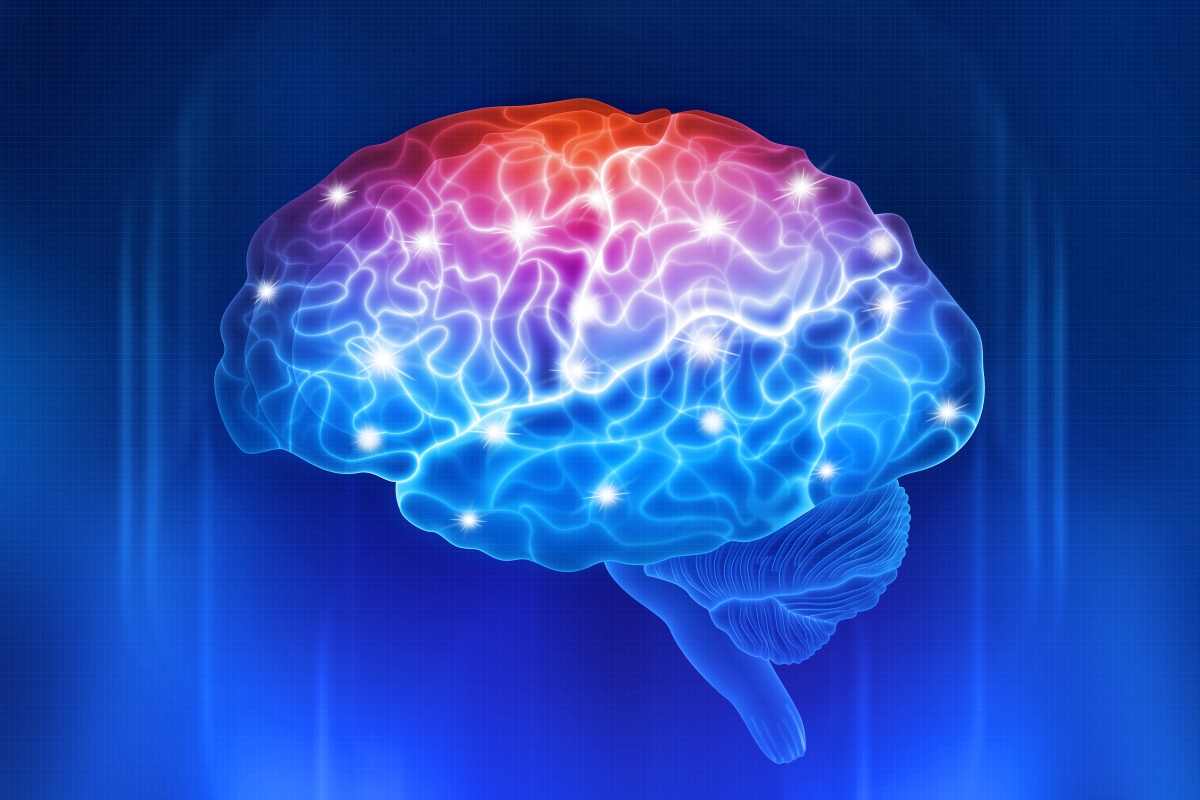Green tea consumption is associated with annual changes in hippocampal volumes: A longitudinal study in community-dwelling middle-aged and older Japanese individuals
This 2021 study investigated the possible correlation between green tea intake and annual rate of change of gray matter, white matter, and hippocampal volumes in middle-aged and older Japanese adults. There were a total of 1693 participants in this National Institute for Longevity Sciences-Longitudinal Study of Aging (NILS-LSA) project, all of whom were aged 40-89 years. The hippocampal volume changed at an average rate of 0.499% per year. When green tea consumption was added to the equation, it was found to negatively correlate with the annual rate of change of hippocampal volume. In fact, the rate of change in hippocampal volume decreased for each 1 ml/day increase in green tea ingestion. There was no other association involving grey and white matter volumes. To summarize, increased consumption of green tea was linked with less annual hippocampal deterioration among Japanese adults, particularly among older individuals and women. Each additional 100 milliliters per day of green tea was related to a reduction of approximately 5% in annual hippocampal atrophy. [NPID: green tea, Japanese, Japan, healthy, health, nutrition, diet, brain, aging, white matter, grey matter, hippocampus, older]
Year: 2021
 Navigation
Navigation






